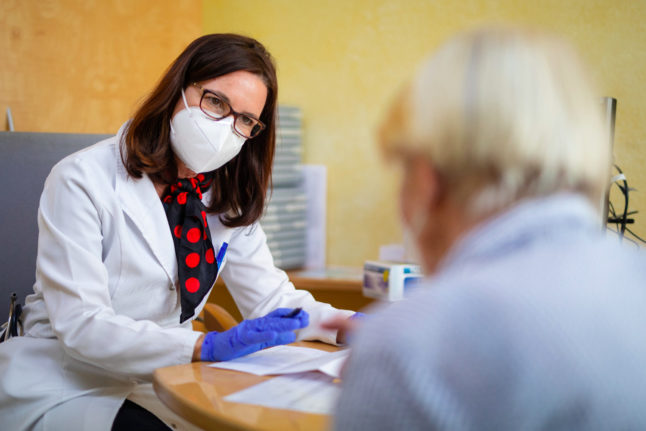The side effects from prescribed medication is responsible for at least 18,000 deaths each year in France, according to Dr. Bernard Bégaud, an expert witness at the trial of Jacques Servier, the 91-year-old founder of the Servier bio-pharmaceutical company, whose weight loss drug Mediator is believed to have killed hundreds of people.
“Every year there are 18,000 deaths directly linked to taking medication,” Bégaud told the court at Nanterre, where Servier is on trial for “aggravated fraud,” after hundreds of deaths were linked to Mediator.
“Many of them are inevitable, but one third are due to unjustified prescriptions,” Bégaud said.
“France is a country that has always very badly regulated the use of medication,” he added.
To put those figures in perspective, France’s national road safety authorities found that in 2012, 3,645 were killed in traffic accidents, and according to French weekly L’Express, there are an estimated 10,000 suicides in France each year.
According to Bégaud, a principle cause of this negligent prescription is that doctors in France are poorly trained in pharmacology, the branch of medicine concerned with drugs.
Mediator, originally designed to fight diabetes, started being prescribed as a slimming aid because it reduces hunger pangs. However it was pulled off the market in 2009 after evidence emerged after the deaths that it caused damage to heart valves. The drug was never authourized in the UK or US.
This is not the first occasion in recent times that French doctors have stood accused of negligence and incompetence.
Last month, The Local reported that France’s Academie nationale de medicine (National Academy of Medicine) slammed medical professionals for sending patients for pointless and extremely costly medical tests.
Dr. Jean Dubousset, a Paris-based orthopaedic surgeon and one of the report’s authors, told The Local at the time that despite France’s reputation for having an excellent health service, young doctors were being taught “push-button” medicine.
“They are not taking the time to conduct a physical examination of their patients, or to ask in-depth questions. And they rely too much on the use of computers – I hear from many patients that their doctor actually looks more at the computer screen, than at the patient himself,” he said.
Furthermore, a book published in September 2012 by two French doctors found that 50 percent of medicines given to patients were useless, 20 percent were “badly tolerated”, and 5 percent have adverse effects.



 Please whitelist us to continue reading.
Please whitelist us to continue reading.
Member comments